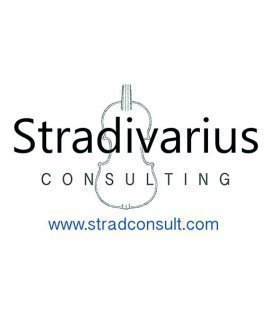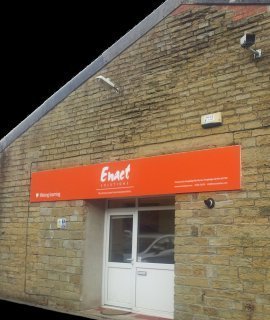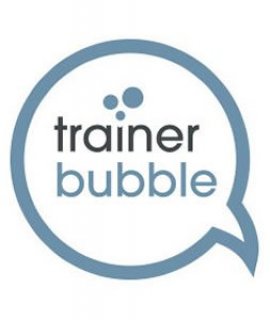Sacred Cows and Red Herrings - Part I
PUBLISHED: 26/03/2019
I’m going to take an irreverent look at what I think are a couple of sacred cows. This might annoy you, or you might even applaud it, but I doubt it will leave you without your own opinion.
You see, a sacred cow (when used as an idiom) is something that is regarded with such respect and veneration that it is considered immune from question or criticism, immune from tampering.
But what if this veneration is misplaced?
I am talking about Learning and Engagement (yes, with capital letters).
They are beautiful aren’t they, as we look at them. They are things of wonder, and well worth striving for. Well worth the mighty effort to make them happen. There are so many people that focus on these two things. There is so much written about them. Everybody says they are wonderful, necessary and depending on the pundit, the cure for all our problems.
I have nothing against Learning and Engagement per se. I simply think we are looking at the wrong things. They are both red herrings, distracting us from what we really should be focusing on.
A red herring (when used as an idiom) is a piece of information or suggestion introduced to draw attention away from the real facts of a situation. A red herring is a type of strong-smelling smoked fish that was once drawn across the trail of a scent to mislead hunting dogs and put them off the scent.
Let’s not get put off the scent. Let’s focus on what is more important: Performance.
Performance is what the business wants. Performance is what the customers want. And actually, Performance is what the workers want. It’s my belief they would love to do a good job if only we would enable them to do so.
Let’s consider Performance first, and look at learning and engagement (look, they have lost their capital letters) along with many other factors as servants in support of Performance.
It’s interesting how many people in L&D and HR struggle to come up with good and useful definitions of both learning and engagement, struggle to find ways to effectively measure them or measure the changes they have made in them through their interventions. They struggle to justify their value of the business based on changes to both learning and engagement. Where there have been improvements in performance, they struggle to prove that those improvements were the direct result of changes to learning and engagement.
There are enough isolated cases so there is always a case study or two to prove that learning and/or engagement are good things. And they are, but I think focusing on them as an endgame, as an outcome is not helping us.
When I ask someone in L&D to reimagine their role so that their total focus is on ensuring capability at the point of work when a worker has a job in front of them, their thinking changes. They start thinking in much more practical terms about how they can enable and help that worker do the job that is immediately in front of them. Some learning may be required, but often it is other changes that are necessary to ensure capability at the point of work.
The same thing happens when I talk to HR people about engagement, and changing their focus away from engagement and onto capability, and thus Performance.
We are talking here about enablement. If we enable people to do their job, how does that affect them, affect their engagement, and their learning?
There are many things that we can do to enable people without ‘using’ learning and engagement. Instead, give them the right tools, the right information, processes that flow well. Fix the things that frustrate them. Take the brakes off what they are doing. Performance will improve.
I believe that when the brakes are taken off, and someone can do better, they will. They will also become more engaged and willing to learn as they can see that better performance is possible. It wasn’t them being stupid, it wasn’t them not caring; it was the systems and processes and environment they were being asked to work in.
Just for now, do a thought experiment for yourself in your role and imagine that your total focus is on enabling a worker in your organisation, so they are capable of doing what needs to be done. How would that affect you? How would that affect them? How would that affect the customer? How would that affect the bottom line of the business?
Sacred cows?
Maybe, or maybe not. What do you think?
Comments
Be part of the conversation by adding a comments below
No comments have been added yet

_square_270x320.jpg)

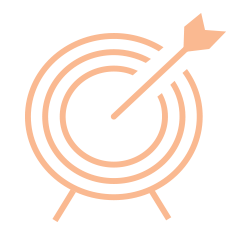




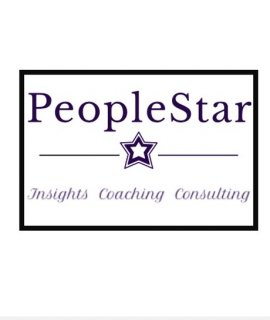
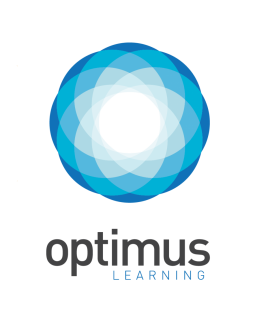




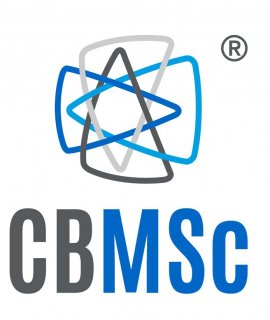
_270x320.jpg)
_270x320.png)

